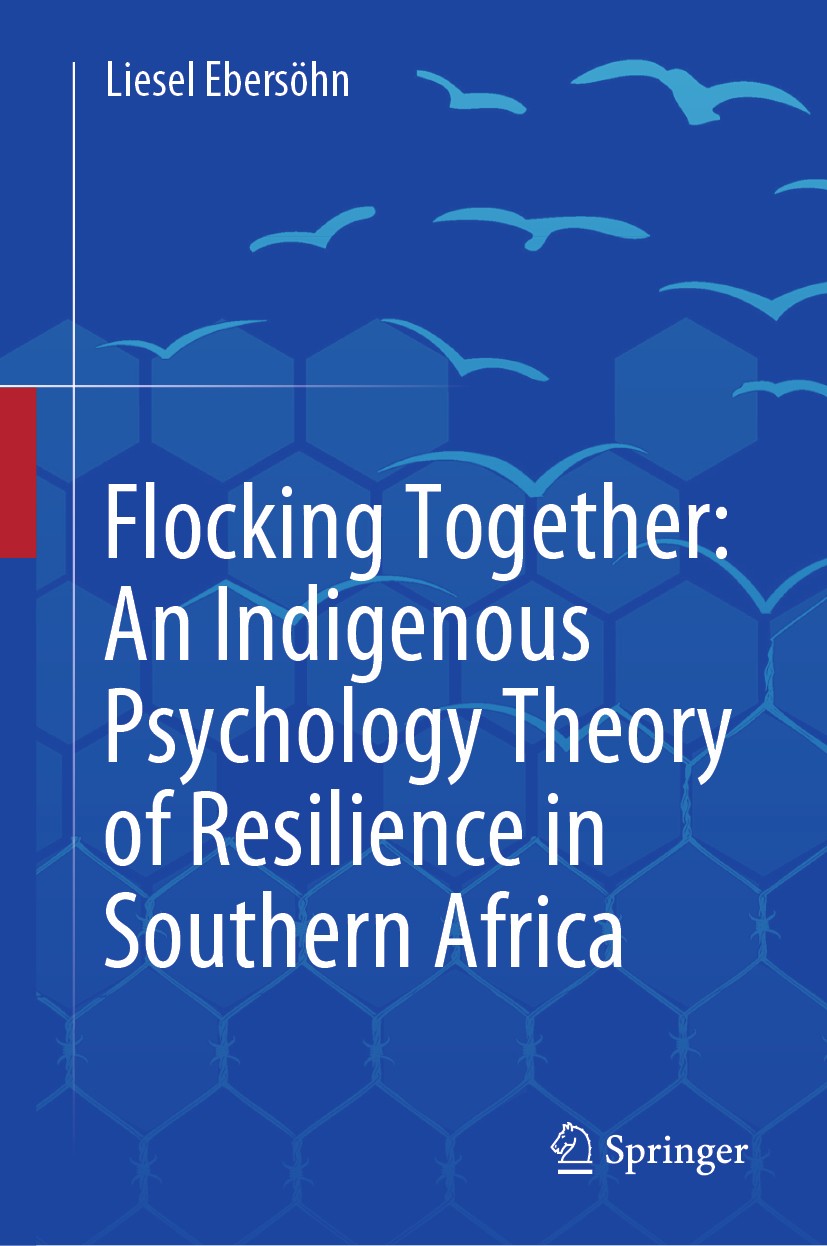| 书目名称 | Flocking Together: An Indigenous Psychology Theory of Resilience in Southern Africa | | 编辑 | Liesel Ebersöhn | | 视频video | http://file.papertrans.cn/345/344353/344353.mp4 | | 概述 | Puts forward an evidence-based theory explaining how indigenous psychology pathways are used to address the vulnerability caused by postcolonial risks.Follows an indigenous theory of flocking, collect | | 图书封面 |  | | 描述 | .This book describes how those individuals who are often most marginalised in postcolonial societies draw on age-old, non-western knowledge systems to adapt to the hardships characteristic of unequal societies in transformation. It highlights robust indigenous pathways and resilience responses used by elders and young people in urban and rural settings in challenging Southern African settings (South Africa, Namibia, Lesotho and Swaziland) to explain an Indigenous Psychology theory. Flocking (rather than fighting, fleeing, freezing or fainting) is explained as a default collectivist, collaborative and pragmatic social innovation to provide communal care and support when resources are constrained, and needs are par for the course. Flocking is used to address, amongst others, climate change (drought and energy use in particular), lack of household income and securing livelihoods, food and nutrition, chronic disease (specifically HIV / AIDS and tuberculosis), barriers to access services(education, healthcare, social welfare support), as well as leisure and wellbeing. The book further deliberates whether the continued use of such an entrenched socio-cultural response mollifies citizens | | 出版日期 | Book 2019 | | 关键词 | Relationship Resourced Resilience; Settings of Hardship and Abundance; Indigenous Psychology Theory; Po | | 版次 | 1 | | doi | https://doi.org/10.1007/978-3-030-16435-5 | | isbn_softcover | 978-3-030-16437-9 | | isbn_ebook | 978-3-030-16435-5 | | copyright | Springer Nature Switzerland AG 2019 |
The information of publication is updating

|
|
 |Archiver|手机版|小黑屋|
派博传思国际
( 京公网安备110108008328)
GMT+8, 2026-2-7 12:49
|Archiver|手机版|小黑屋|
派博传思国际
( 京公网安备110108008328)
GMT+8, 2026-2-7 12:49


